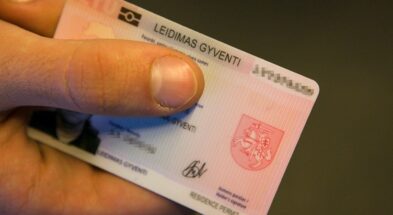Marriage is not just a union of individuals but also a legal contract that carries significant legal implications. In India, the registration of marriages is not only important for citizens living within the country but also for Non-Resident Indians (NRIs) who may have ties to the country. NRI marriages, like any other, need to be registered to ensure their legality and authenticity. Here, we delve into the process of registering NRI marriages in India.
The Legal Framework
In India, the registration of marriages falls under the purview of state governments. Hence, the process may vary slightly from one state to another. However, the broad guidelines are consistent across the country.
Special Marriage Act, 1954
One of the primary laws governing NRI marriages is the Special Marriage Act, 1954. This act allows people from different nationalities, religions, or states to marry each other without requiring conversion or renunciation of their respective religions or citizenship. This is particularly useful for NRI couples who may belong to different faiths or nationalities.
Hindu Marriage Act, 1955
For NRI marriages within the Hindu community, the Hindu Marriage Act, 1955, applies. This act governs marriages between Hindus, Buddhists, Jains, and Sikhs. It mandates that the marriage should be registered in the jurisdiction where it took place. If the marriage occurs outside India, it should be registered at the nearest Indian consulate or embassy.
The Registration Process
The registration process for NRI marriages typically involves the following steps:
- Eligibility Verification
Both parties must be of legal marriageable age, which is 18 for brides and 21 for grooms. They should not have a spouse living at the time of the marriage. - Notice of Marriage
A notice of the intended marriage must be given to the marriage officer in the district where either of the parties has resided for at least 30 days before the notice is filed. This notice is then displayed publicly for 30 days. - Objections
During the 30-day notice period, anyone can raise objections to the marriage. If the marriage officer receives valid objections, they will be investigated. If no objections are received, the marriage can proceed. - Marriage Ceremony
Once the notice period is over and there are no objections, the marriage can take place. The ceremony can be religious or secular, as per the couple’s choice. - Registration of Marriage
After the marriage ceremony, the marriage officer issues a certificate of marriage, which is proof of the marriage. This certificate can be used for various legal purposes, including visa applications for the spouse in the case of NRI marriages.
The documents required for NRI marriage registration typically include:
Proof of age and identity (passport, birth certificate, etc.)
Proof of residence
Passport-sized photographs
Marriage invitation card
Affidavit of marital status and nationality
Proof of divorce or spouse’s death (if applicable)
Benefits of Registering NRI Marriages



















